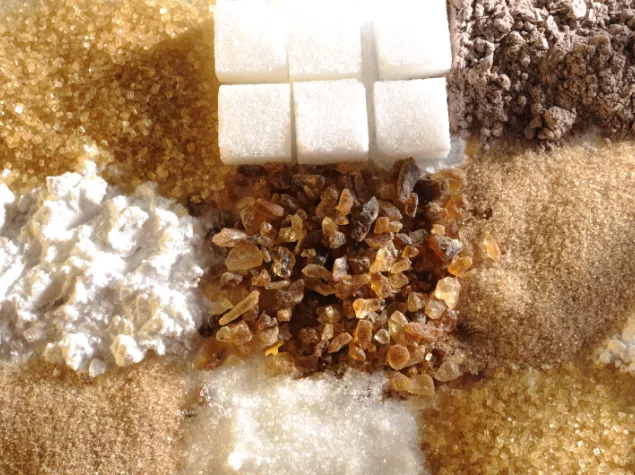SSBs intake and risk of obesity and chronic disease
There is evidence to suggest high intakes of SSBs are linked to increased risk of obesity (1,4–7). SSBs, like any food or drink that provides calories (energy), can lead to weight gain if consumed excessively. Obesity is a multi-factorial disease and research has shown that people who drink lots of SSBs are more likely to have an “unhealthy diet” and exercise less, which can also contribute to obesity (8–10).
High intakes of SSBs have been linked to increased risk of a number of other health problems (1,11–14), including:
- Type 2 diabetes mellitus
- Heart disease
- Liver disease
Weight gain and living with obesity can increase the risk of type 2 diabetes mellitus, heart disease and non-alcoholic fatty liver disease. It’s not clear whether links between drinking SSBs and these health conditions are due to overall excess calorie (energy) intake, other ‘less healthy’ diet and lifestyle factors that are common in individuals who drink high amounts of SSBs, and/or due to the sugars component of SSBs (8–10,15). EFSA noted in their recent scientific opinion that most of the evidence comes from observational studies in which it is difficult to control for the role of excess calorie intake and the effect of other lifestyle factors (1). EFSA also found these studies often categorise SSBs differently using varying definitions, are based on high intakes of SSBs, use inaccurate methods to measure SSB intakes and do not have enough information to determine the sugar content of the SSBs. This makes it difficult to draw conclusions across the evidence base (1).











